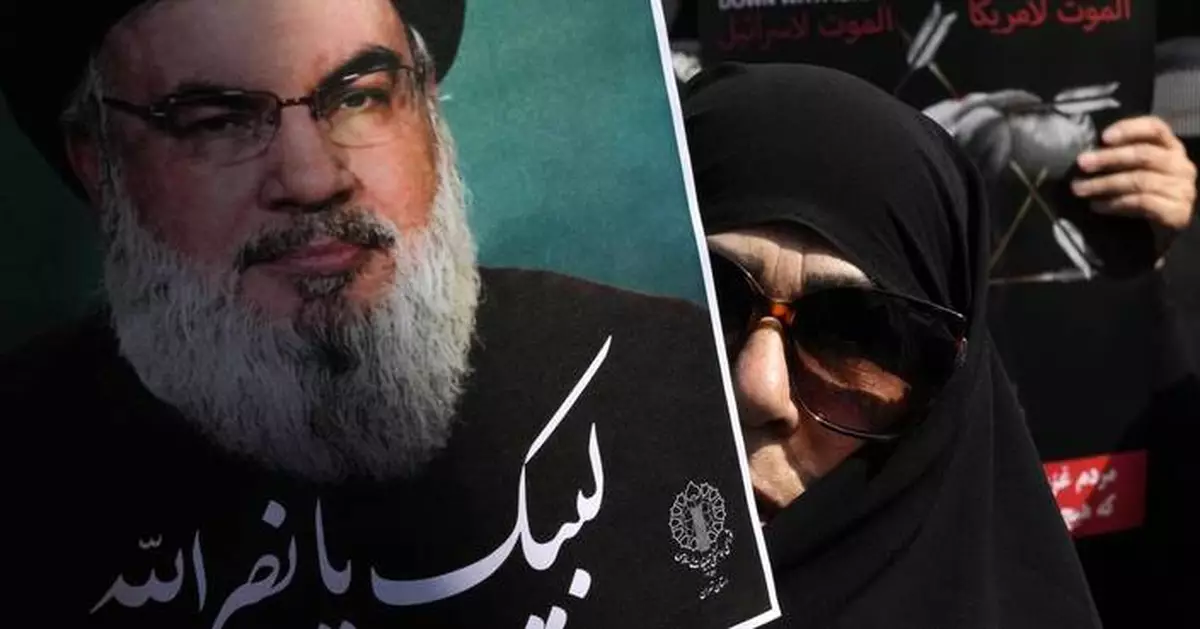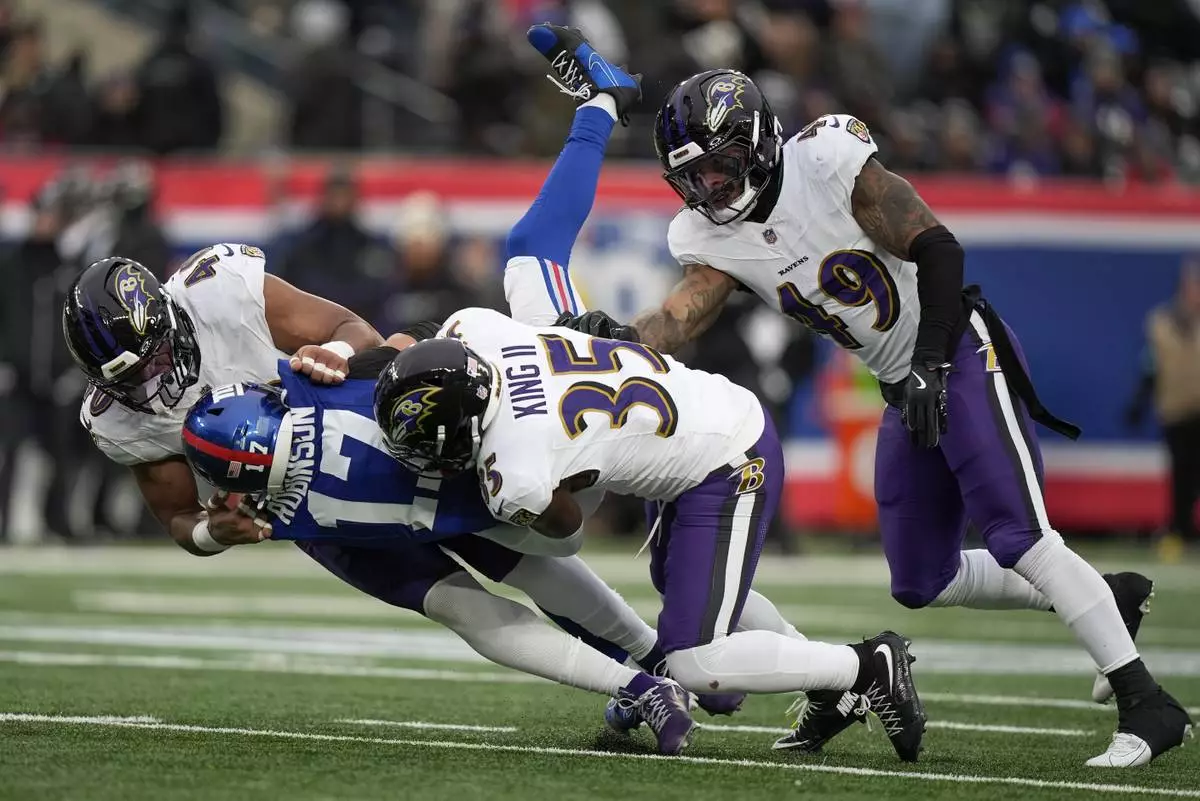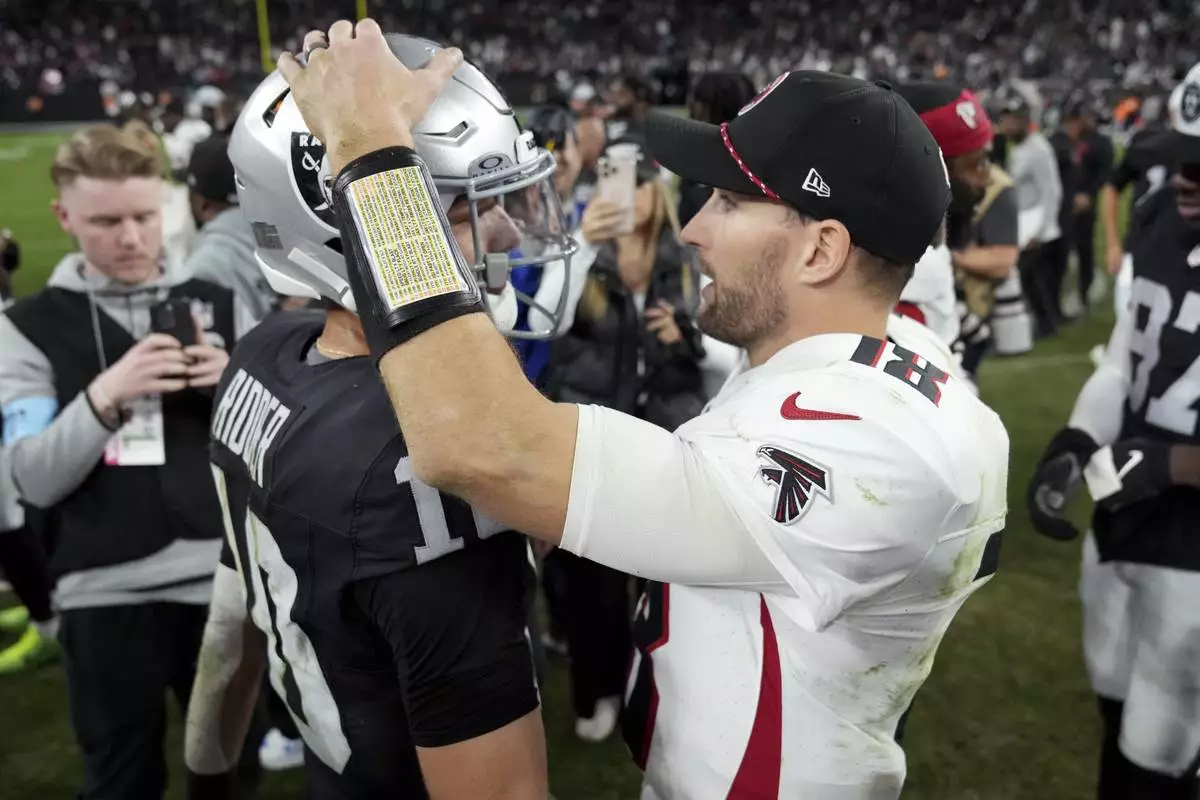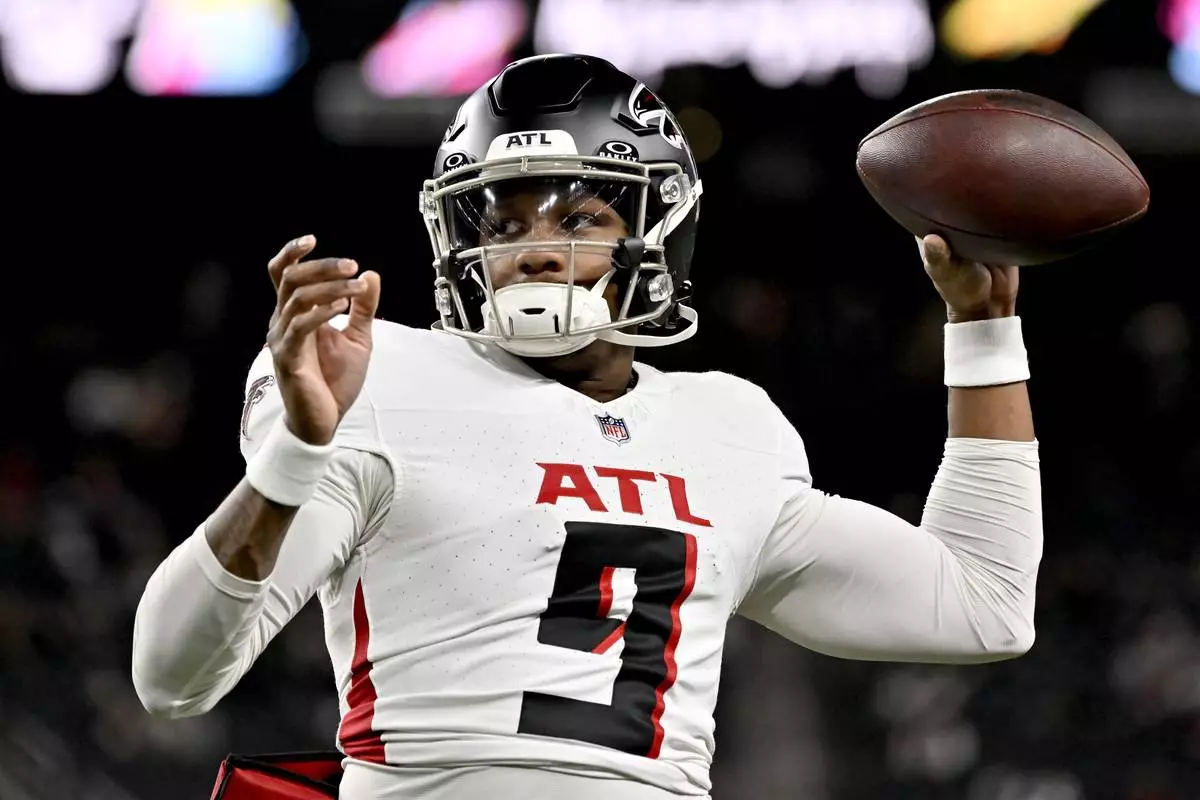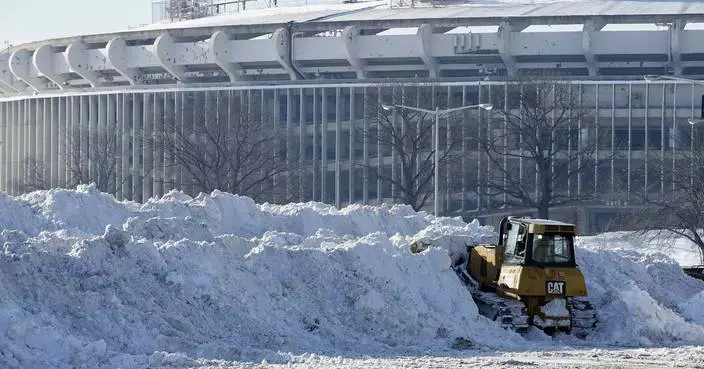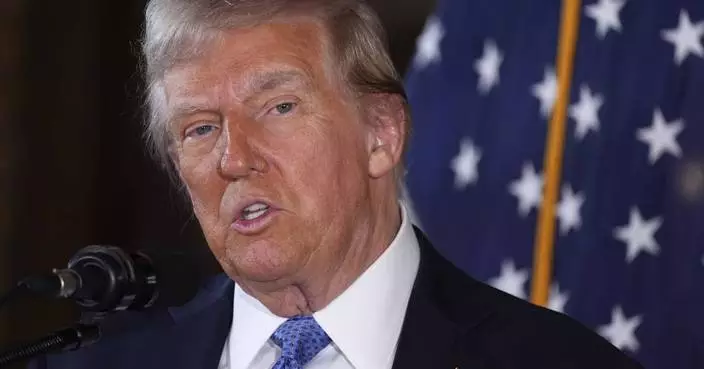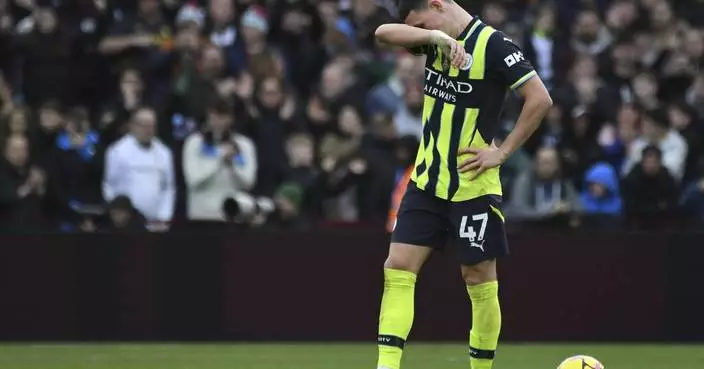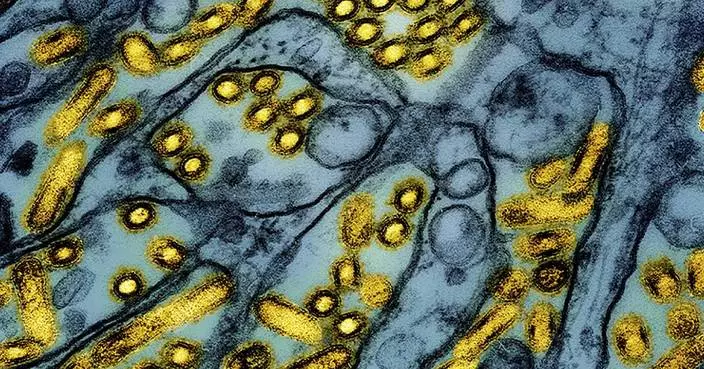DUBAI, United Arab Emirates (AP) — Iran lost its most reliable ally in the Middle East when an Israeli airstrike killed Hezbollah leader Hassan Nasrallah. But Iran isn’t leading the charge to retaliate.
That's put Tehran in a bind: Not responding could see it alienate the militias it relies on in the region. Meanwhile, any possible retaliation risks a wider war as its theocracy faces intense challenges at home.
“By the grace and power of God, Lebanon will make the transgressing, malicious enemy regret its actions,” Iran's Supreme Leader Ayatollah Ali Khamenei said in the wake of Nasrallah's death Friday. But the 85-year-old paramount ruler in Iran gave no mention of his country taking action over the death of a man he once praised as "an exceptional face in the world of Islam” after the Israel-Hezbollah war in 2006.
That reluctance continued into Monday, as Iran's Foreign Ministry spokesman Nasser Kanaani told journalists that “the Islamic Republic of Iran and the Iranian people are not after war" but rather “peace and stability in the region.”
Though Kananni added that, “any adventurous move or action against our national security or interests and our hands will never be tied,” at one point wearing a checkered Palestinian keffiyeh scarf during his remarks.
These comments highlight a reticence in responding to Nasrallah’s death. Though his leadership of Hezbollah was the crown jewel in Iran’s decades-long strategy of arming regional militias to counter both Israel and the United States, Iran remains cautious about when — or if — it will strike back.
That's not to say that it hasn't launched retaliatory strikes during the yearlong Israel-Hamas war that's riven the Middle East and threatens to erupt into a regional conflict. Iran launched an unprecedented direct attack on Israel in April. It even launched a missile strike against sites in Iraq, Syria and Pakistan in January.
But those attacks stemmed from direct attacks on Iranian targets, like the suspected Israeli strike on an Iranian diplomatic post in Syria.
“Iran I think in its priorities have been very much misunderstood since Oct. 8,” said Sanam Vakil, the director of the Middle East and North Africa program at the London-based international affairs think tank Chatham House. “There was a misconception Iran would pile in.”
Instead, it hung back after Hamas — another militant group it has armed — launched its Oct. 7 attack on Israel that killed 1,200 people and saw another 250 taken hostage. Even as millions of Iranians purportedly volunteered online to fight on behalf of the Palestinians, Iran didn't enter the war as an Israeli offensive devastated the Gaza Strip, killing over 41,000 people.
In the time since, an increasingly emboldened Israel has attacked Hezbollah, Yemen's Houthi rebels and other groups. In marking Nasrallah's killing, Prime Minister Benjamin Netanyahu cited a line in the Jewish Talmud fitting that strategy — "If someone rises up to kill you, kill him first."
For Netanyahu, whose political career has revolved around the threat he perceives from Iran, that includes striking back at those Iranian allies Tehran refers to as the “Axis of Resistance.” Those militias grew in prominence and power in the chaos that followed the 2003 U.S.-led invasion of Iraq, the 2011 Arab Spring and the rise of Yemen's Houthi rebels.
That created what Iran's opponents feared would become a “Shiite crescent” of influence that Tehran would be able to wield, something Israel may be aiming to roll back.
“An increasingly emboldened Israel appears to be considering a more expansive plan to confront Iran across the Middle East with the ambition of creating a new regional order,” said Julien Barnes-Dacey, the director of the Middle East and North Africa program at the European Council on Foreign Relations. “This is a dangerous illusion. Despite Iran’s current weakness, this will be seen as an existential threat by Tehran and its regional allies."
Iran could encourage more asymmetric attacks, targeting Jewish tourists, synagogues or Israeli diplomatic missions as it has done in the past. Netanyahu issued a warning Monday to Iran likely over that risk, saying: “There is nowhere in the Middle East Israel cannot reach.”
Tehran also could weaponize its nuclear program. It already enriches uranium to near-weapons-grade levels after the collapse of its 2015 nuclear deal with world powers. Hard-line voices within Iran's theocracy, like its daily Kahyan newspaper, already are calling for a response “harsher” than its April attack, which caused very little damage.
That, however, runs directly counter to the plans of Iran's new reformist President Masoud Pezeshkian, who campaigned on a promise to get crushing economic sanctions lifted against Iran. That's grown in importance as energy prices continue to fall and Iran likely sells its oil at a discount due to being locked out of many nations.
If nuclear deal “commitments are implemented fully and in good faith, dialogue on other issues can follow,” Pezeshkian told the United Nations General Assembly last week.
Ending the sanctions requires a deal with the West on the nuclear program, something that will become nearly impossible if Iran enters an all-out war with Israel. Relieving that economic pressure remains crucial for Iran's domestic stability as well, as authorities remember the months of protests that followed the 2022 death of Mahsa Amini.
“For the time being it appears the president and the supreme leader, the latter who is abundantly cautious, want to keep the line open to dialogue and negotiations,” Vakil said.
And to keep that line open, Iran needs someone else to take the lead against Israel.
“Tehran apparently is content to allow Hezbollah to respond to the Nasrallah killing on its own, and perhaps in concert with the Houthi movement in Yemen, which has recently begun firing some of their Iran-supplied missiles against Israel,” the New York-based Soufan Center security think tank said Monday.
EDITOR’S NOTE — Jon Gambrell, the news director for the Gulf and Iran for The Associated Press, has reported from each of the Gulf Cooperation Council countries, Iran and other locations across the world since joining the AP in 2006.
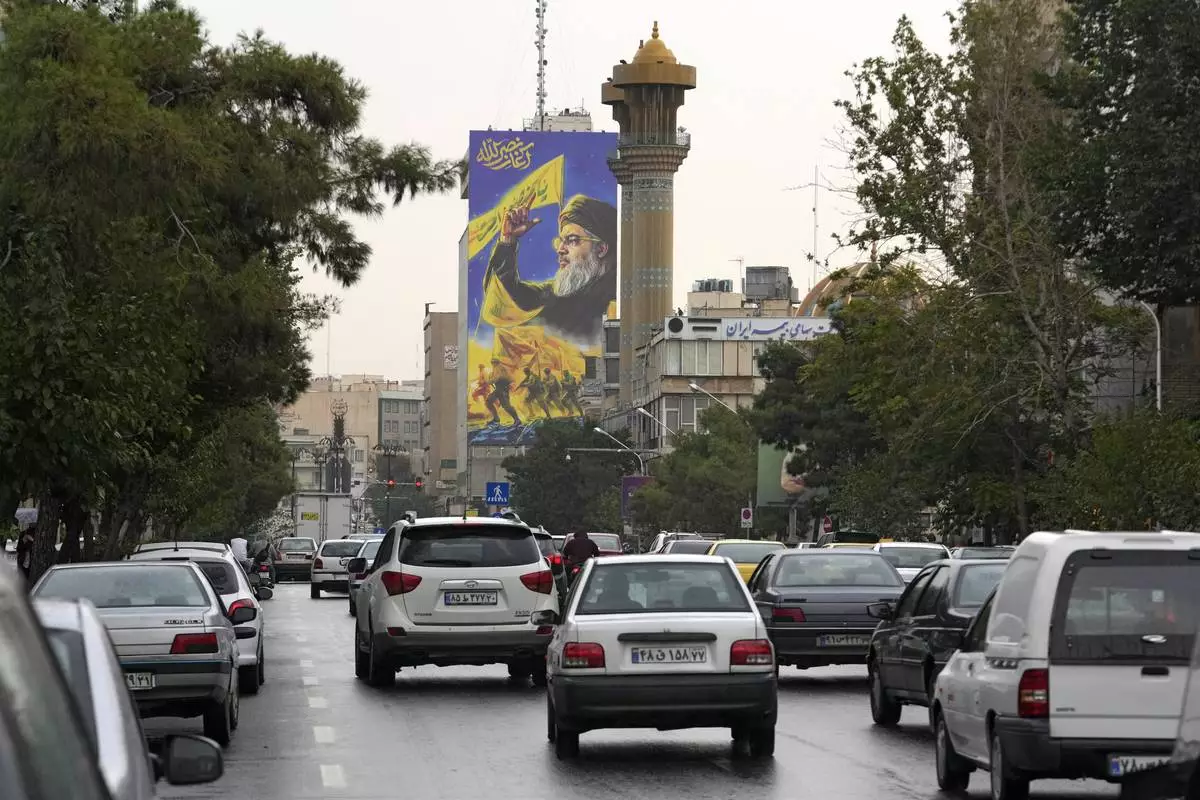
Vehicles drive under a huge portrait of slain Hezbollah leader Hassan Nasrallah, in downtown Tehran, Iran, Monday, Sept. 30, 2024. The billboard reads in Farsi on top left: "The beginning of Nasrallah." (AP Photo/Vahid Salemi)
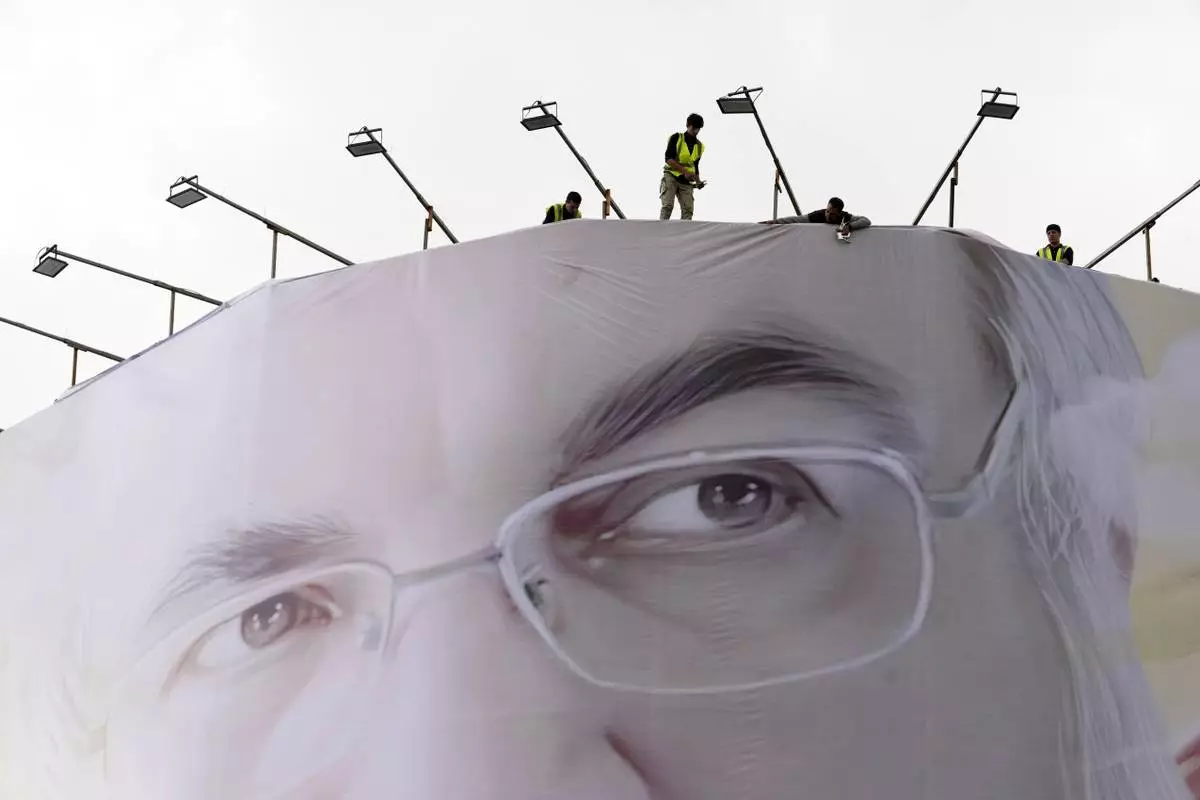
Workers install a huge portrait of slain Hezbollah leader Hassan Nasrallah on a building at Enqelab-e-Eslami (Islamic Revolution) Sq. in Tehran, Iran, Sunday, Sept. 29, 2024. (AP Photo/Vahid Salemi)
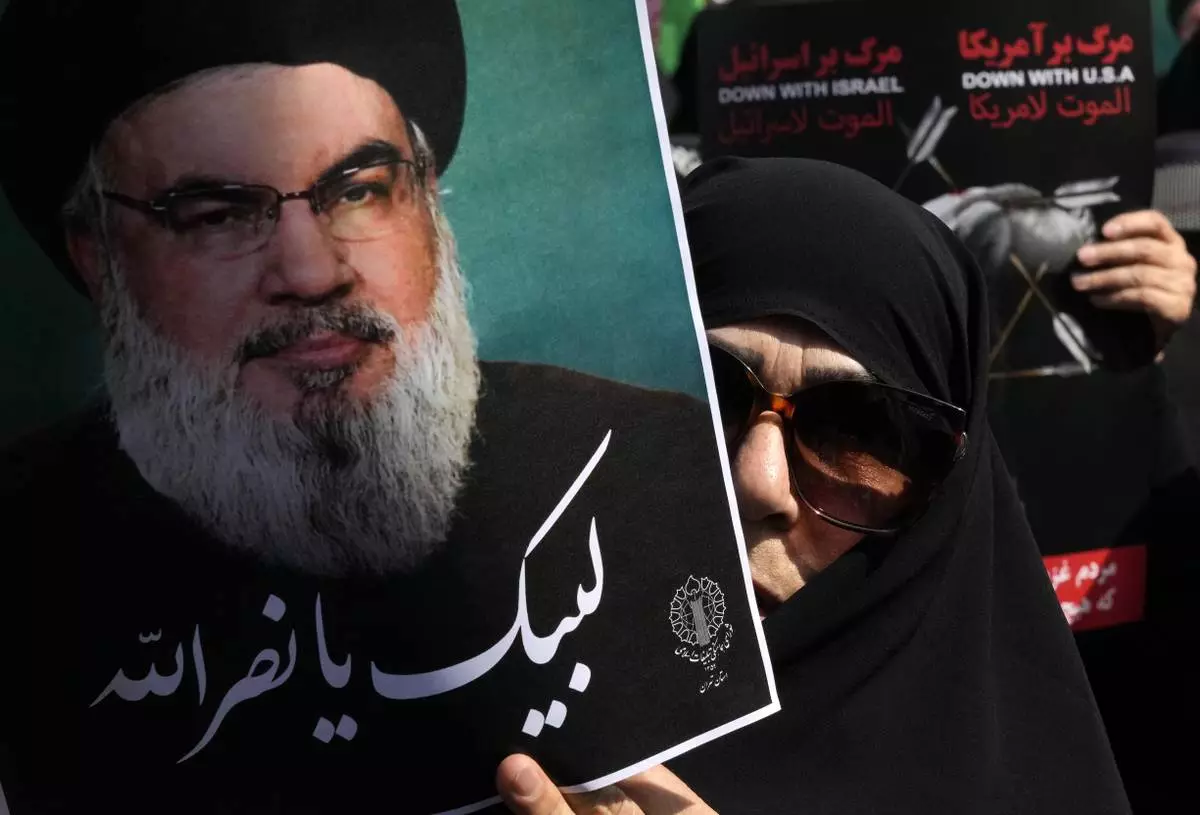
An Iranian worshipper holds up a poster of Hezbollah leader Sayyed Hassan Nasrallah, reading in Arabic: "At your service Nasrallah" during an anti-Israeli rally after Friday prayers in Tehran, Iran, Friday, Sept. 27, 2024. (AP Photo/Vahid Salemi)


